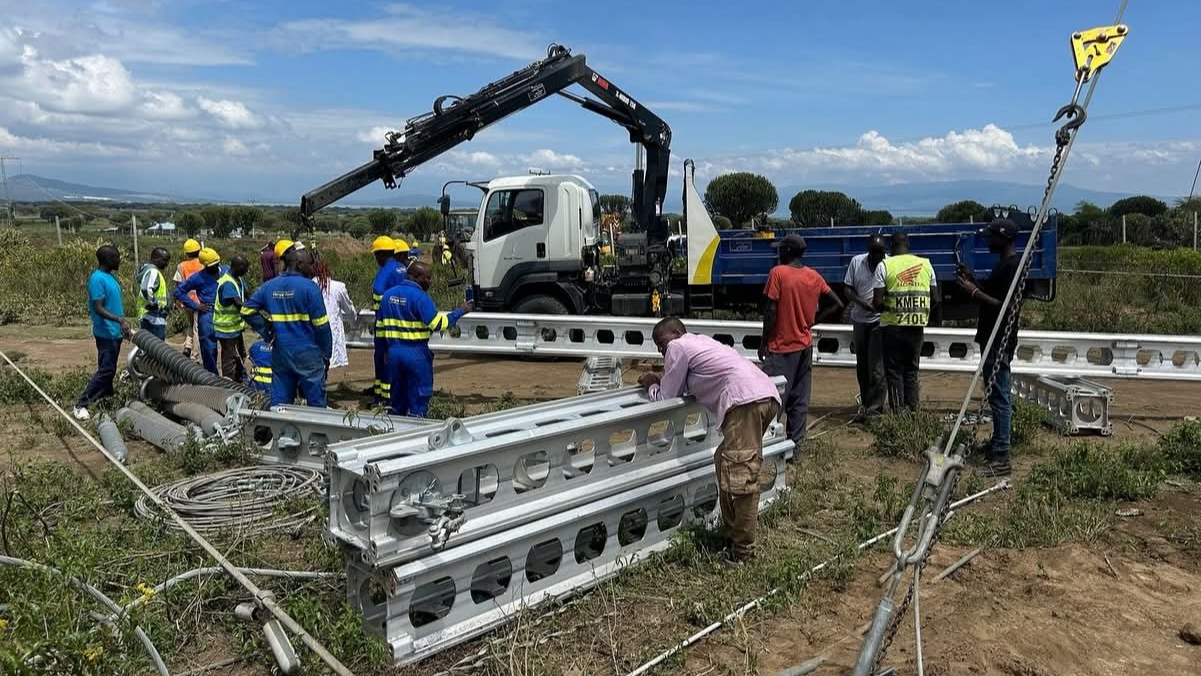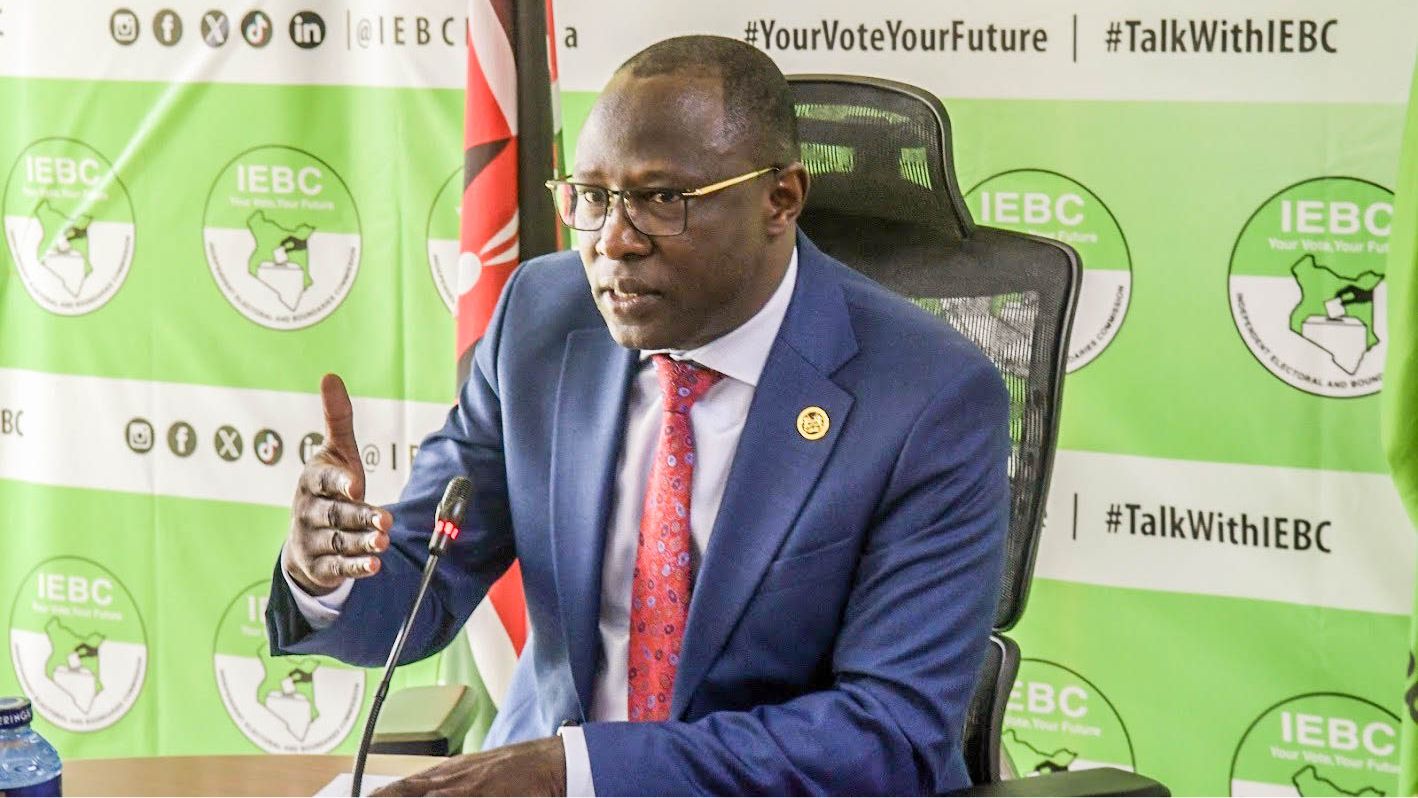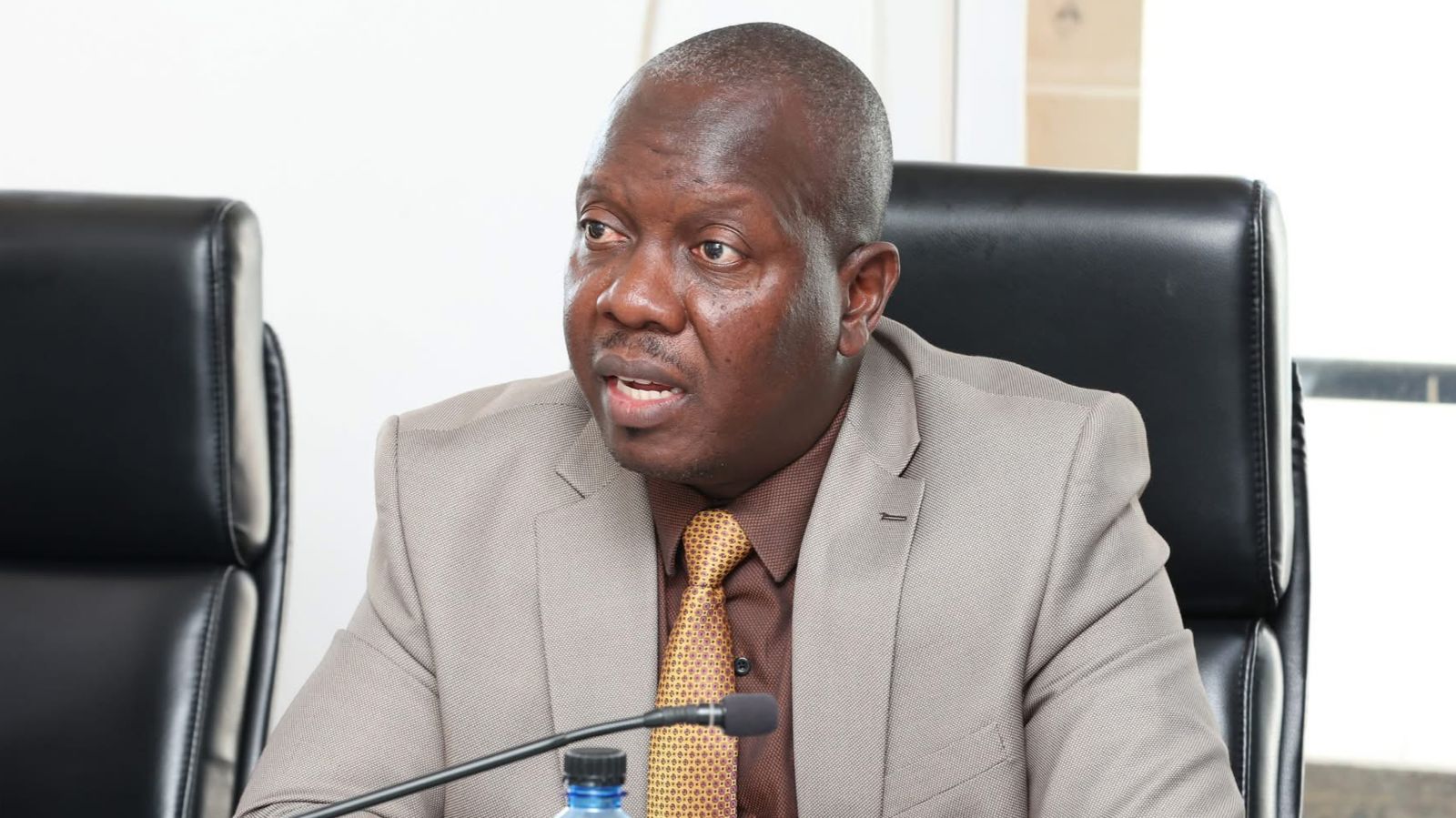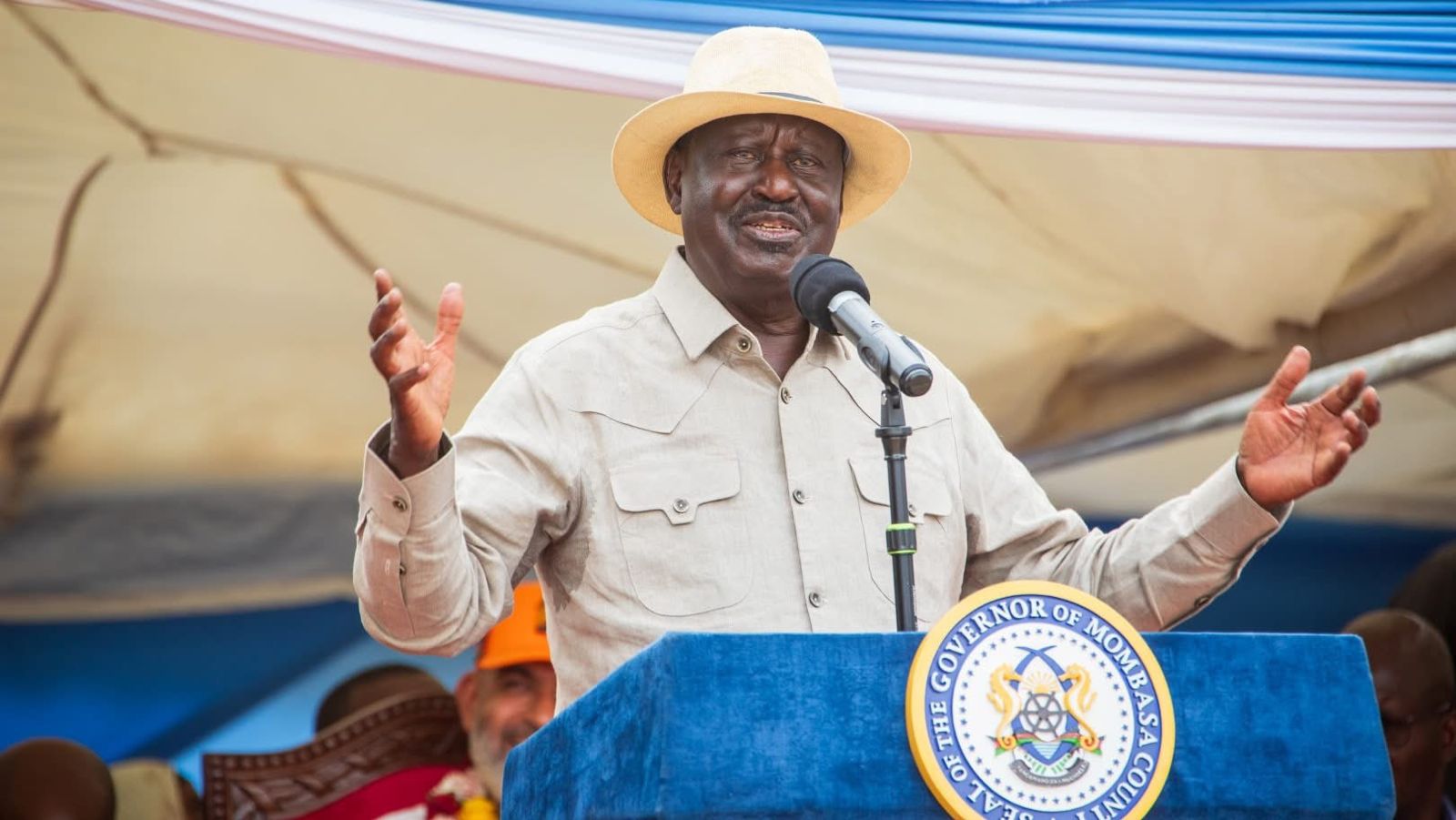President William Ruto has proposed the United Nations Security Council (UNSC) to be expanded to have 12 permanent members.
Speaking on Wednesday April 23 during a keynote address at Peking University in China, the President said the security council should be represented by the five continental blocks.
Ruto noted that since Europe already has 3 member states in the UNSC, America, Asia, and Africa/Middle East should also have three members to bring the total number of member states to 12.
“It is my view that the security architecture of the World as it is today should be representative of the five continental blocks, that is, the Americas, Europe, Asia-Pacific, and Africa/Middle East, with equal representation for each of the regions.
“Seeing as Europe already has three members - France, the UK, and Russia - it seems reasonable that the membership for each region be set at three, for a total of 12 permanent members,” Ruto stated.
Read More
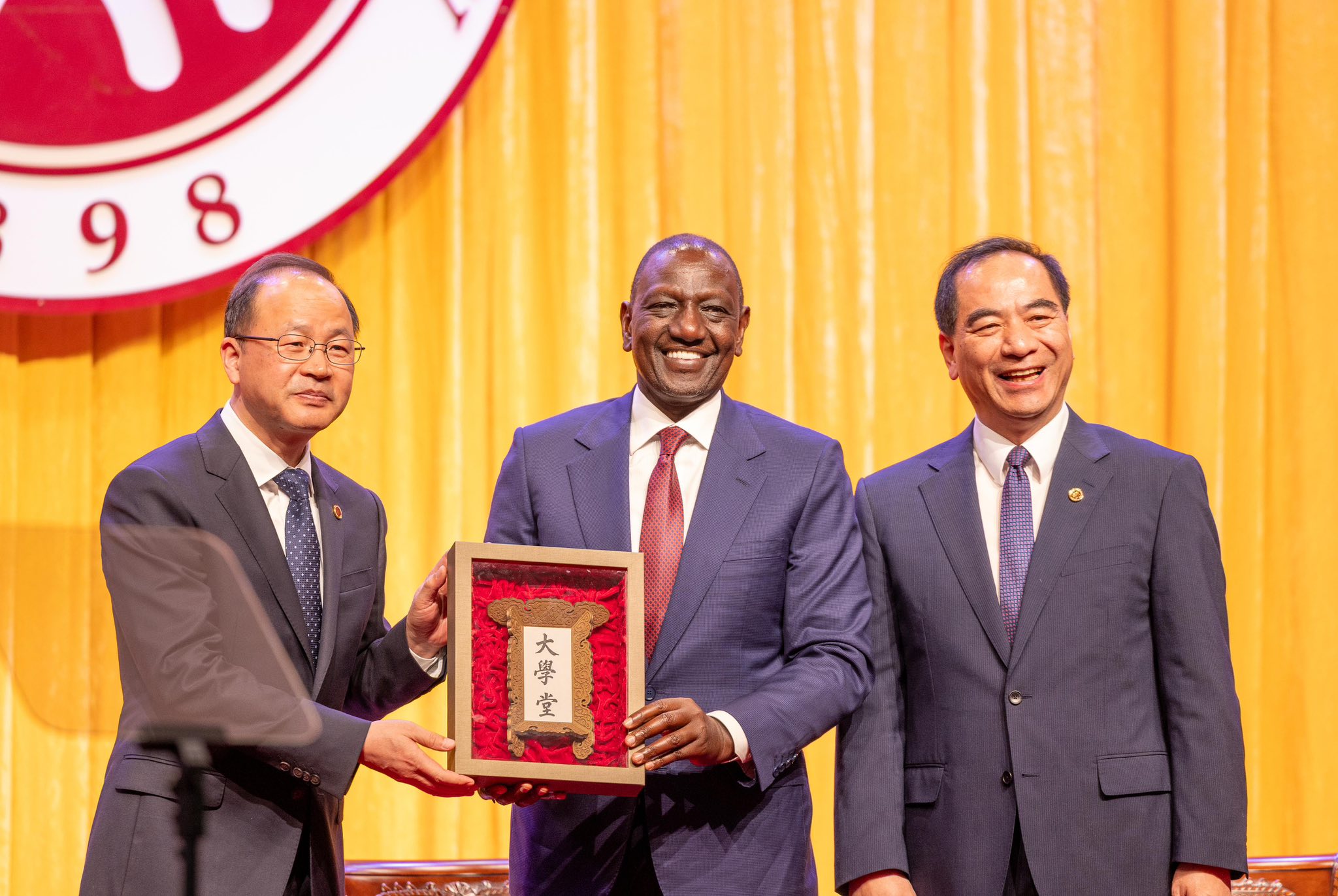
At the same time, President Ruto questioned the relevance of the UNSC within the current peace and security framework.
He criticized UNSC member states for taking sides in global conflicts instead of being neutral and resolving the conflicts.
“The Security Council, once a beacon for peace and diplomacy, now has one permanent member invading one country, while another member takes sides in conflict in contradiction to the Council’s own resolutions.
“Yet today, the permanent members live in denial and resist reform, even as the Security Council becomes less and less legitimate and its relevance is being put to question,” he stated.
During his speech, President Ruto also observed that the Global multilateral financial architecture is outdated after being in place for 80 years.
The Head of State highlighted that when the Bretton Woods institutions were formed, two thirds of the world’s nations did not exist as sovereign states and hence the system has become obsolete.
Additionally, Ruto addressed the challenges posed by climate change in Africa and inadequate financing for development.
“The climate crisis is perhaps the most urgent and existential challenge of our time. Africa, despite contributing the least to global emissions, bears the greatest burden through floods, droughts, displacement, and food insecurity. We have a scientific consensus that these extreme weather events are human-induced,” Ruto added.

